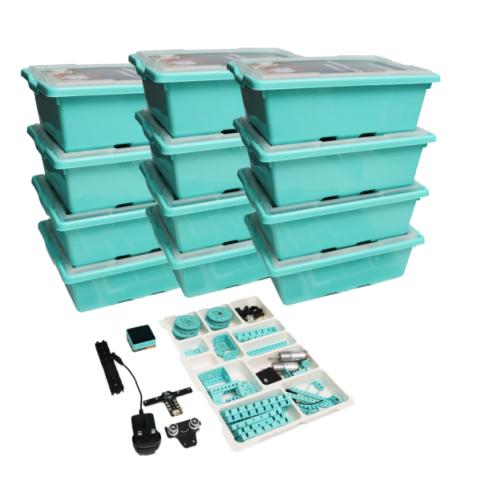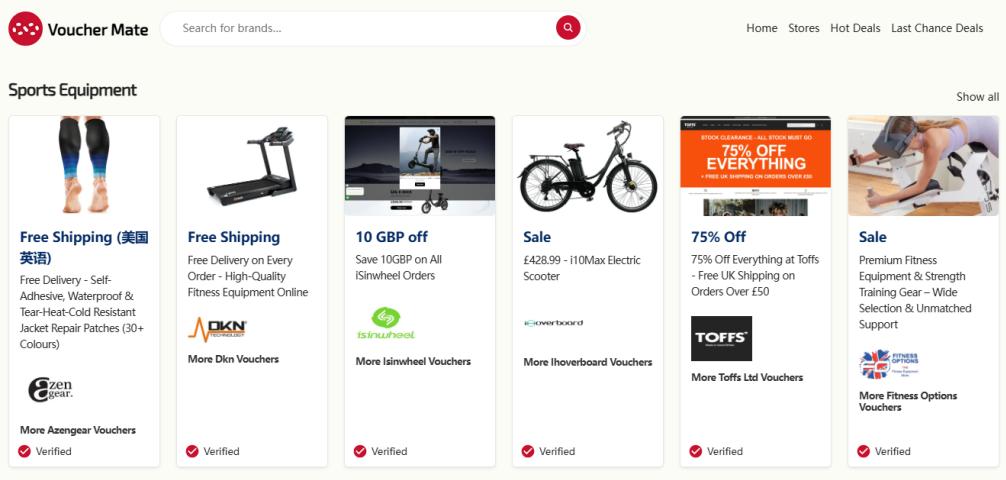Logistics management is a crucial part of any business that handles transportation and storage. Whether you're dealing with products, services, or both, having efficient logistics software can help your business run smoothly. But what are the key features that should be included in your logistics management software? In this blog, we will cover the most important ones to consider.
1. Real-Time Tracking
One of the most important features of logistics software is real-time tracking. It allows businesses and customers to track shipments, monitor inventory levels, and check on delivery status. This transparency helps improve customer satisfaction and reduces the chances of errors, delays, or misplaced goods.
2. Inventory Management
Managing inventory efficiently is vital for logistics operations. With the right software, you can automate stock monitoring, manage warehouse operations, and track product movements in and out of storage. This helps reduce errors, prevent stockouts, and optimize inventory turnover.
3. Route Optimization
Logistics often involves transportation, and optimizing delivery routes is key to saving time and reducing costs. The best logistics management software includes route optimization features that help identify the most efficient paths. This can improve delivery speed and reduce fuel expenses.
4. Order Management
Your logistics software should allow seamless integration with order management systems. This feature helps streamline the process from order receipt to delivery, ensuring that all steps are tracked and managed effectively. Automated alerts can help ensure timely processing and delivery.
5. Supply Chain Visibility
Being able to see and manage your entire supply chain, from suppliers to customers, is essential for efficient logistics. Software that offers complete visibility lets you track each stage of the supply chain and identify any issues early on, enabling you to make necessary adjustments in real-time.
6. Reporting and Analytics
In order to improve operations, logistics businesses need accurate data and insights. Good logistics software should offer comprehensive reporting tools that provide detailed insights into performance, efficiency, delivery times, costs, and more. These analytics can help businesses make informed decisions and spot areas for improvement.
7. Customer Portal
Providing a customer portal where clients can access delivery information, track shipments, and manage orders can greatly improve customer experience. This transparency increases trust and reduces the need for constant communication with your customer support team.
8. Automation and AI Integration
Automating tasks such as order processing, inventory management, and delivery scheduling can save valuable time and reduce human error. Integrating artificial intelligence (AI) into logistics management software can help businesses predict demand, optimize operations, and improve decision-making.
9. Compliance Management
Logistics companies need to stay up to date with regulations such as safety standards, transportation laws, and import/export rules. Logistics management software with compliance management features can help ensure your operations remain in line with these regulations, minimizing risks and penalties.
10. Mobile Compatibility
In today's mobile-driven world, your logistics management software should be mobile-friendly. This allows staff on the ground, drivers, and even customers to access and update logistics data from their mobile devices, enhancing convenience and flexibility.
Conclusion
Choosing the right logistics management software is crucial for optimizing operations, reducing costs, and enhancing customer satisfaction. By incorporating features like real-time tracking, inventory management, and route optimization, you can ensure smoother and more efficient logistics processes. If you’re looking to build a custom solution, consider partnering with a trusted provider offering logistics software development services. These experts can create a system that aligns perfectly with your business requirements, helping you stay ahead in the competitive logistics industry.












